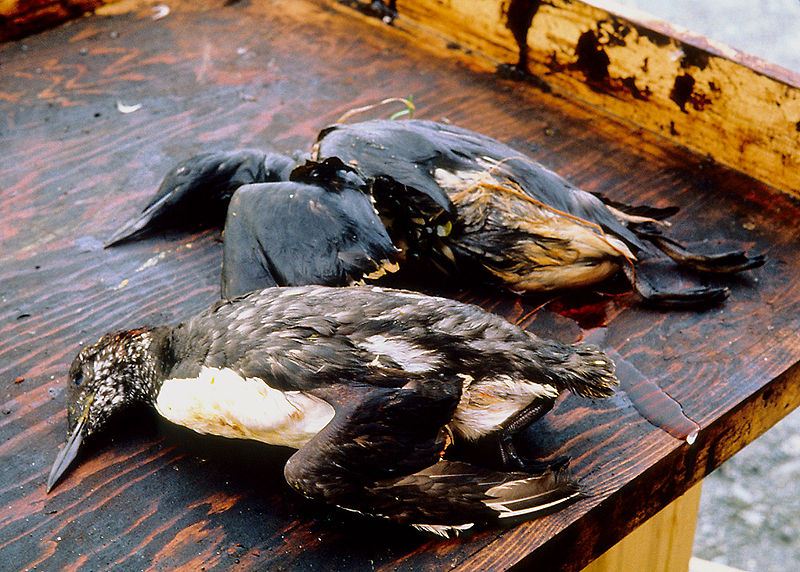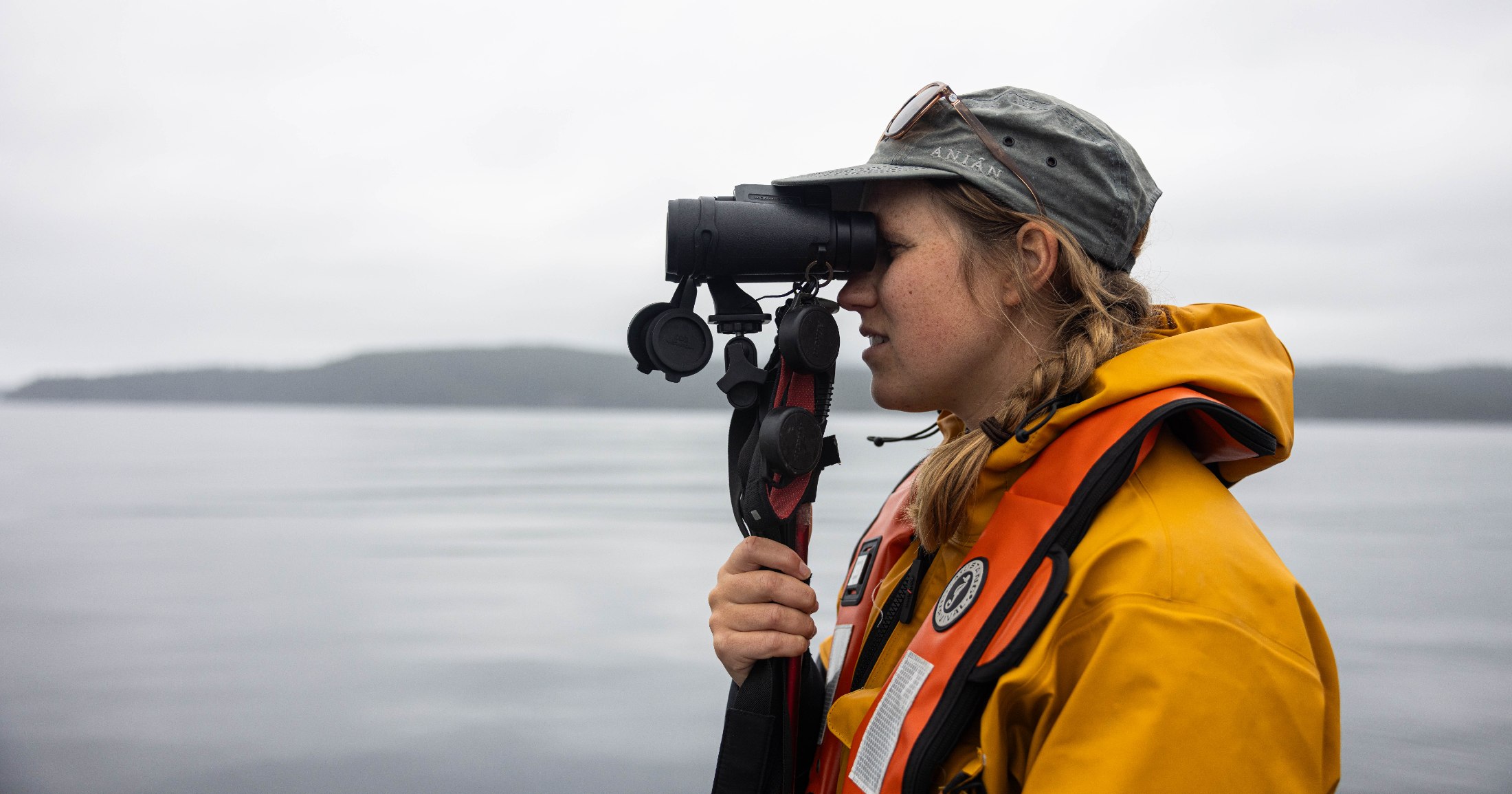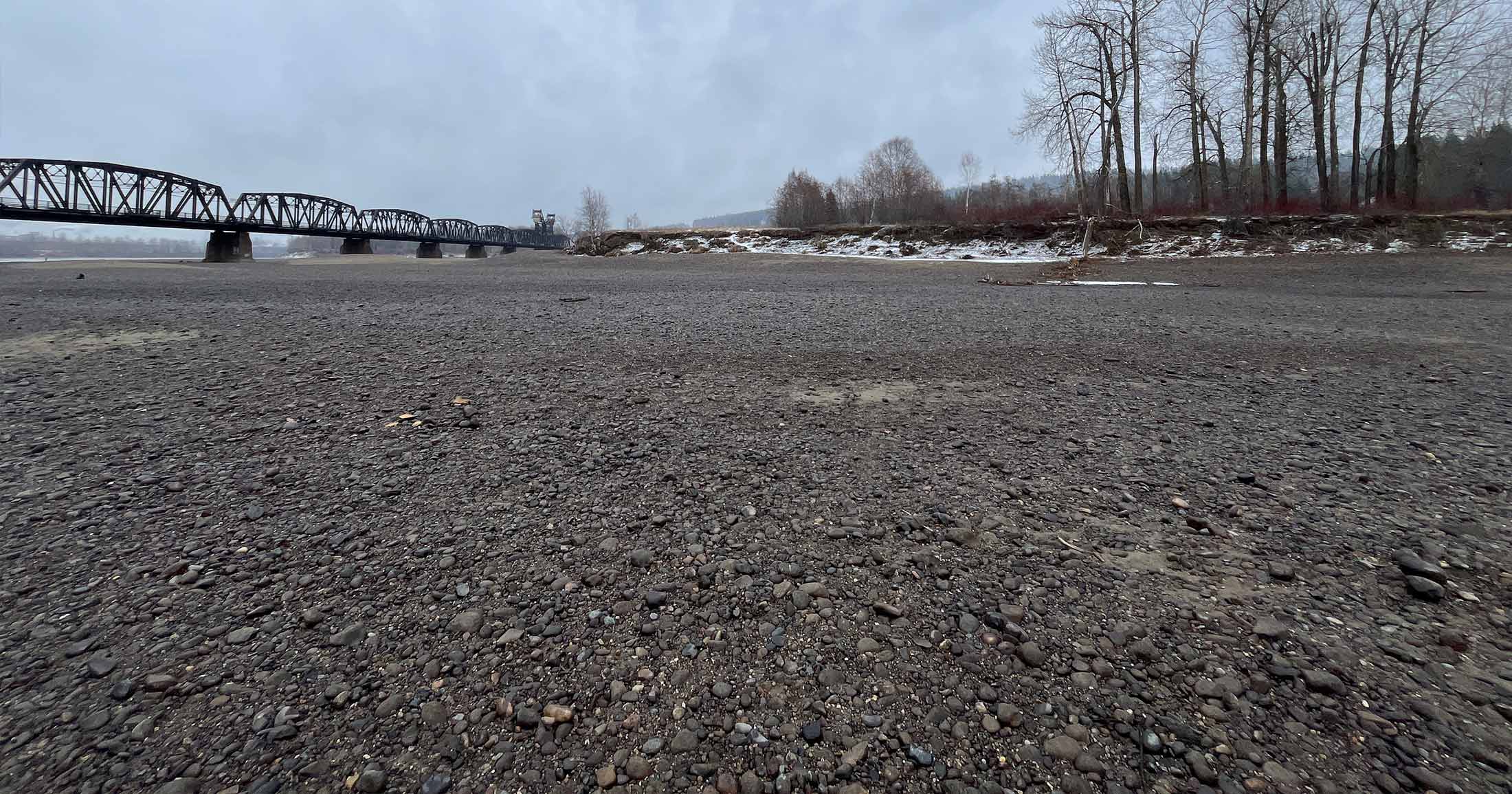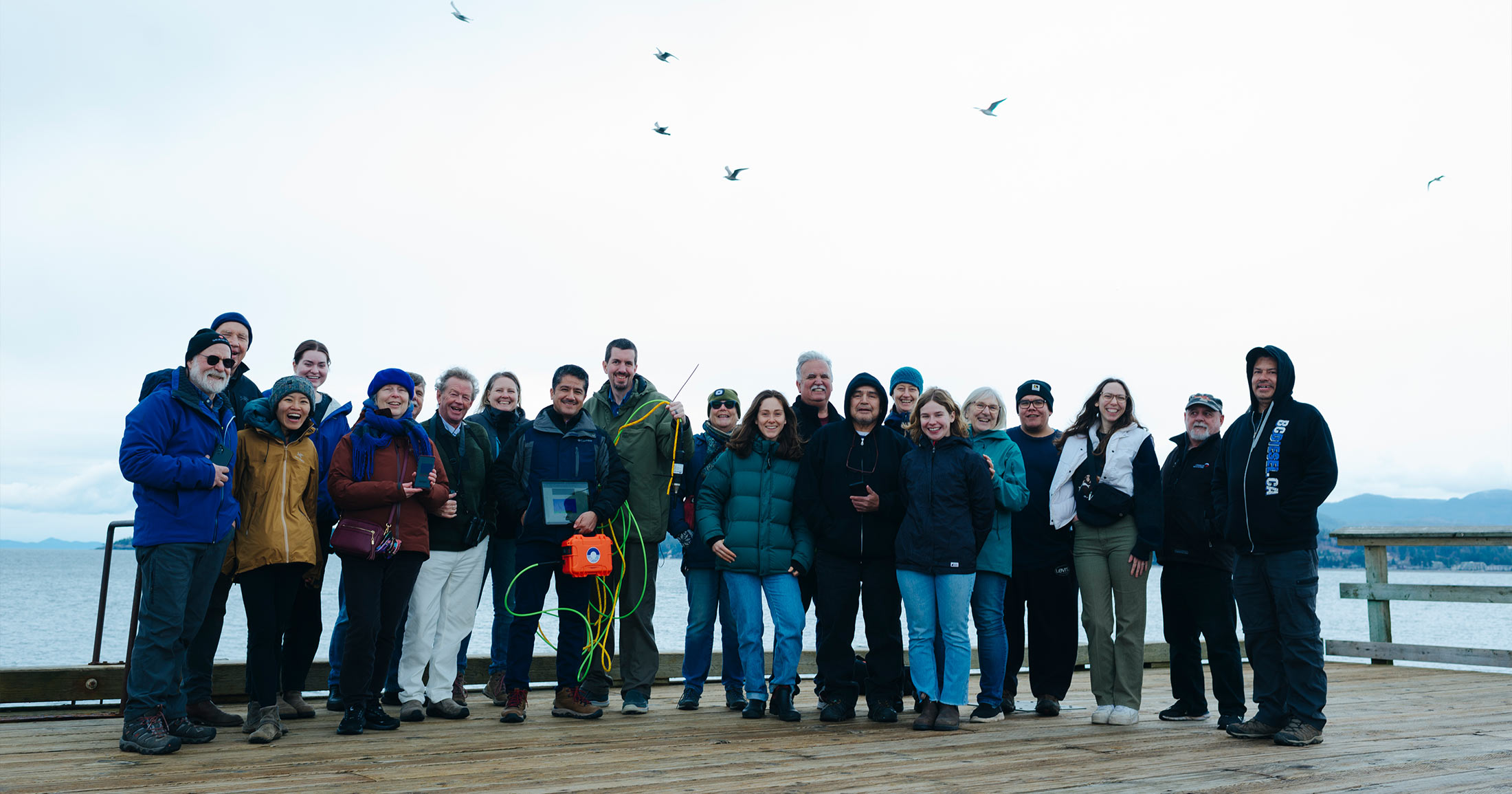Northern Gateway Project threatens wildlife
By Paul C. Paquet and Chris Genovali, Special To The Vancouver Sun
March 11, 2011
Although rarely considered, many human activities deprive wild animals of their life necessities by destroying or impoverishing their surroundings, causing suffering of individuals through displacement, stress, starvation, and diminished security. Yet, the notion that animal welfare applies to wildlife has escaped most people, including animal welfarists and conservationists alike.
In June 2010, Enbridge Inc. filed an application for its Northern Gateway Project with Canada’s National Energy Board (NEB). The proposed project includes twin pipelines running 1,172 kilometres over the rugged Coast and Rocky Mountains between a oilsands refinery hub near Edmonton, Alberta and a marine terminal near Kitimat, BC. One of the lines would carry oilsands crude to the north coast for export to energy-hungry Asian and American markets. The other would import highly toxic condensate.
To determine if the project is in the public interest and should be allowed to proceed, the NEB is conducting hearings to assess the economic, social, and environmental impacts of the proposed pipeline development. These are the supposed “three pillars of sustainable development”, but absent among the pillars is any consideration for the welfare of wild animals affected by the construction, presence, operation, and maintenance of the pipeline, or by the shipping of oil by supertankers. By using the faulty three legs of the stool as a model for sustainable development and decision making, the NEB perpetuates the myth that the environment is something apart from welfare of animals, humanity’s economy, and our social well-being. Humanity is once again placed outside the environment and the welfare of other species is completely ignored.
To read the rest of this article please visit the Vancouver Sun website.
Support our mobile lab, Tracker!
Our new mobile lab will enable the Healthy Waters Program to deliver capacity, learning, and training to watershed-based communities. We need your support to convert the vehicle and equip it with lab instrumentation. This will allow us to deliver insight into pollutants of concern in local watersheds, and contribute to solution-oriented practices that protect and restore fish habitat.










